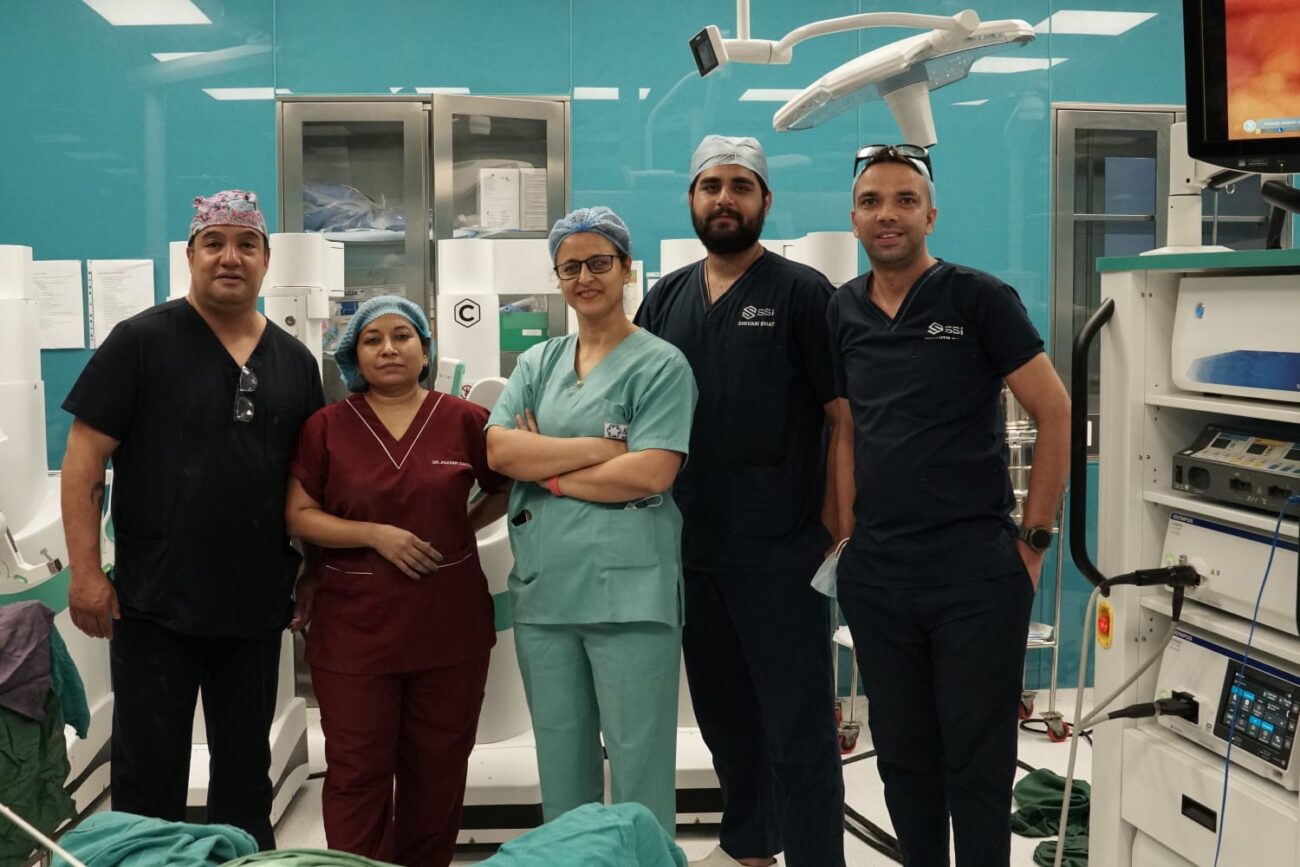“Policy calibration along with reconciliation”
The paradigm shift to prevention of Disease, Policy emendation-The need of the Hour Nowadays the world is facing many challenges such as a rise in the elderly population with a growing prevalence of non-communicable disease (NCDS)
The paradigm shift to prevention of Disease, Policy emendation-The need of the Hour
Nowadays the world is facing many challenges such as a rise in the elderly population with a growing prevalence of non-communicable disease (NCDS) and the ever-present threat from new or evolving communicable diseases. The increased life expectancy at birth, urbanisation and unhealthy lifestyles like inclined towards a sedentary lifestyle and less energy expenditure was the main key factors of epidemiological transition. (Mastorci, Vassalle et al. 2017). Similarly, Humans have experienced two coronaviruses related threat namely SARS, MERS since 2003 and now by a novel coronavirus in December 2019. Unfortunately, we have no specific therapeutics or vaccines still, need to rely on conventional approaches such as quarantine, isolation, social distancing and community containment. Therefore COVID-19 taught us that every country should focus on prevention of Disease rather curation of disease.
 This figure has shown that only a small fraction of health expenditure goes to prevention activities. A very large portion was occupied by curative care, next share goes to medical goods and long-term care. (Source -OECD Health statistics-2017)
This figure has shown that only a small fraction of health expenditure goes to prevention activities. A very large portion was occupied by curative care, next share goes to medical goods and long-term care. (Source -OECD Health statistics-2017)
Among this fraction of expenditure very less part like 9% goes to immunisation, 7% for early detection of diseases, little more 27% to Information, Education, counselling and major part to healthy condition monitoring (44%). Earlier days communicable disease a comparatively small share of overall disease burden.
However, that outbreak of infectious disease that was previously thought under control was remerging e.g. HINI -2009, similarly in 2016 Measles outbreak in the unvaccinated population (CDC, 2016), Zika Virus, MERS, SARS, now by new coronavirus enforced challenges to all over the world. Therefore, all countries should expand the immunisation coverage to prevent many infectious diseases and reducing the usage of Antibiotics to combat the additional problem of Anti-microbial resistance which also one among the human threat too.
 Finally, another key fact to remember is preventable mortality. Preventable mortality nothing but causes of death can be mainly avoided through effective public health and primary prevention interventions. A data published in 2017 revealed that 3 million premature deaths could have been avoided through better prevention and health care interventions. Indicators of avoidable mortality can serve as the yardstick to asses the effectiveness of public health and health care systems in reducing the premature deaths from various disease and injuries. Above and beyond it control human capital loss to concern country. This figure depicted that 32% of all preventable deaths were due to lung cancer, followed by external causes of death such as road accidents, and suicides etc.
Finally, another key fact to remember is preventable mortality. Preventable mortality nothing but causes of death can be mainly avoided through effective public health and primary prevention interventions. A data published in 2017 revealed that 3 million premature deaths could have been avoided through better prevention and health care interventions. Indicators of avoidable mortality can serve as the yardstick to asses the effectiveness of public health and health care systems in reducing the premature deaths from various disease and injuries. Above and beyond it control human capital loss to concern country. This figure depicted that 32% of all preventable deaths were due to lung cancer, followed by external causes of death such as road accidents, and suicides etc.
Causes of death that can be mainly evaded through effective public health and primary prevention intervention before the onset of disease. This applies to both communicable and noncommunicable disease. Thus, health policy to be reformed or re-framed towards prevention of disease. Many shreds of evidence shown that many health promotion and disease prevention measures can improve health outcomes at less investment by the country. The middle-income countries like India should strengthen its primary health care systems, expanding its infrastructure for fighting epidemics, further COVID-19 alarmed us for capacity building to health care workers not only to deliver vaccines, and they also to monitor disease patterns, serving as part of the early warning systems that alert the world to potential outbreaks.
In the light of all every country also in need to invest in disease surveillance including a case database that is accessible to all countries and rules requiring countries to share information transparently. All these enforcements are prepared to deal with an epidemic further, every country should come forward to make global forums that help to achieve consensus on research priorities and trial protocols so that promising vaccine and antiviral` medicines can move quickly as early as possible.
International agencies like the World Health Organisation (WHO), Centre for Disease Control and Prevention (CDC), United Nations Organisation (UNO) should be integrated and form a consortium for infectious disease preparedness to get conclusive clinical trial results and regulatory approval in three months or less without compromising patient’s safety. Because of COVID-19 impact, all countries are economic recession, therefore, all governments and pharma industries would need to come to an agreement that during a pandemic times vaccines, antivirals and other life-saving drugs can’t simply to be sold to the highest bidder, it should be available and affordable who are at the heart of the outbreak and in greatest need.
In conclusion, all countries should come forward to form a unique forum where all government work together to address the economic, social, environmental and health challenges of Globalisation.




